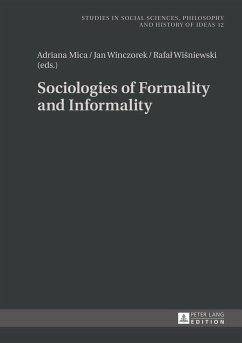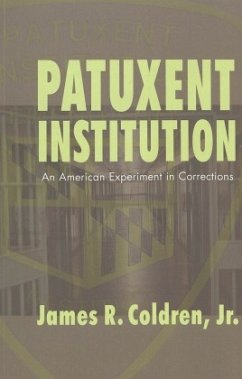
Sociology and the Unintended
Robert Merton Revisited
Herausgegeben: Mica, Adriana; Peisert, Arkadiusz; Winczorek, Jan
Versandkostenfrei!
Versandfertig in 6-10 Tagen
81,70 €
inkl. MwSt.

PAYBACK Punkte
0 °P sammeln!
This collection of essays aims to revive the sociological debate on the unintended, unanticipated and unexpected consequences of social action, as started by Robert K. Merton in a classic study of 1936. The contributing authors provide insights on both Merton's work and the reception it received in the academia. They also go beyond his original formulations to encompass new theoretical perspectives and empirical interests that have emerged in the intellectual circumstances different from, or opposed to, his functionalist theory. The contributing authors delve into fields as diverse as educatio...
This collection of essays aims to revive the sociological debate on the unintended, unanticipated and unexpected consequences of social action, as started by Robert K. Merton in a classic study of 1936. The contributing authors provide insights on both Merton's work and the reception it received in the academia. They also go beyond his original formulations to encompass new theoretical perspectives and empirical interests that have emerged in the intellectual circumstances different from, or opposed to, his functionalist theory. The contributing authors delve into fields as diverse as education, law, politics, financial markets, consumption, risks and accidents, systemic transformation, organizations and institutional work, innovations, and Polish studies.














